In keeping with President Obama's budget request, a Senate committee recently approved a request to create a small fee for the 340B drug discount program.
The 2017 Labor-Health and Human Services-Education Appropriations bill (S 3040) draft calls for creating 0.1 percent fee on purchases made through the discount drug program. On June 9, the Senate Appropriations Committee approved the draft.
“I am not in favor of tacking on a fee to fund the expanded 340B program,” Devon Herrick, health economist and senior fellow at the National Center for Policy Analysis (NCPA), recently told American Pharmacy News.
Herrick stressed how the program has grown in the past few years.
“Estimates vary, but in the past decade the 340B program expanded from about 8,000 eligible entities to about 20,000 entities,” Herrick said.
Herrick also explained that because of this growth, the program has brought in a considerable amount of criticism.
“Critics argue that for some of these firms, the 340B program is a profit center rather than a way to provide cheap drugs to indigent patients,” he said. “Funding would not be an issue if the program was scaled back to its original size.”
Congress created the 340B program in 1992 to help uninsured, indigent patients gain better access to prescription medicines. To achieve that goal, Congress created a program that requires pharmaceutical manufacturers to provide discounts on outpatient prescription drugs to entities that serve high numbers of uninsured, indigent patients. This program, as originated, provided discounts to outpatient facilities for the purpose of sustaining certain services to this population.
“340B is important today and going forward for the many patients who are dependent on this program,” the NCPA said in a 2013 whitepaper.
Under the 340B program, certain nonprofit hospitals and clinics can purchase discounted medicines, and then are expected to apply these savings toward expanding services for their patients.
According to the American Hospital Association (AHA), a new fee would reduce the funds available for these services.
"Imposing a user fee on entities eligible for the 340B program would lessen the benefit these safety-net providers receive from the program," Aimee Kuhlman, senior associate director for federal relations at the AHA, said.
Herrick explained that there have been regular issues with drug shortages because of the 340B program. When prices are kept artificially low, shortages develop.
“That is a fundamental tenet of economics — they teach the concept the first day of Economics 101," he said. "A price ceiling that’s set below the market clearing price always results in a shortage (because demand exceeds supply). This is made worse by the fact that generic drugs are largely a commodity market, with slim profit margins.”
The White House’s timeline for making a decision is slated for December. If there is any delay, it will be the new administration’s problem to solve.

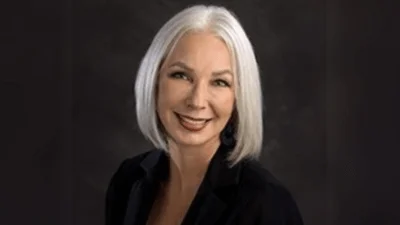



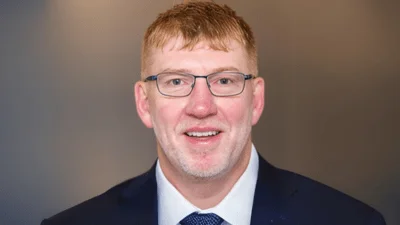

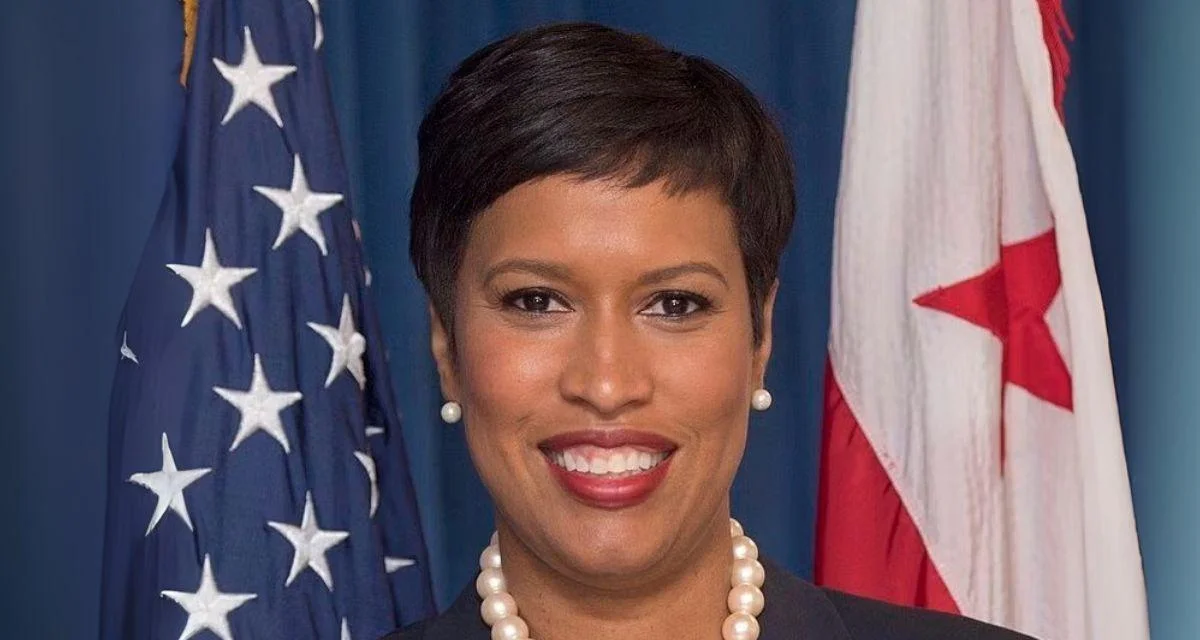
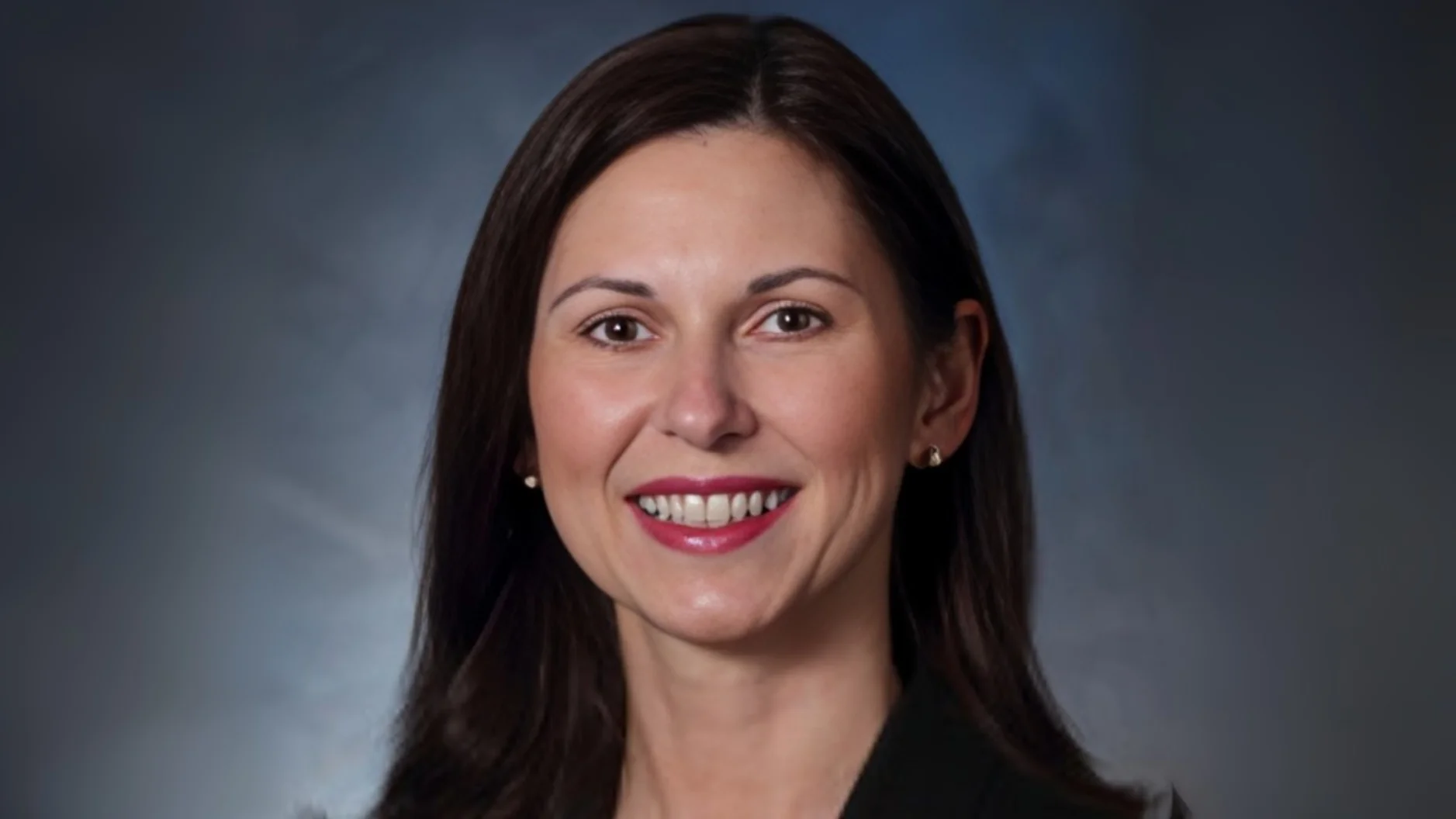

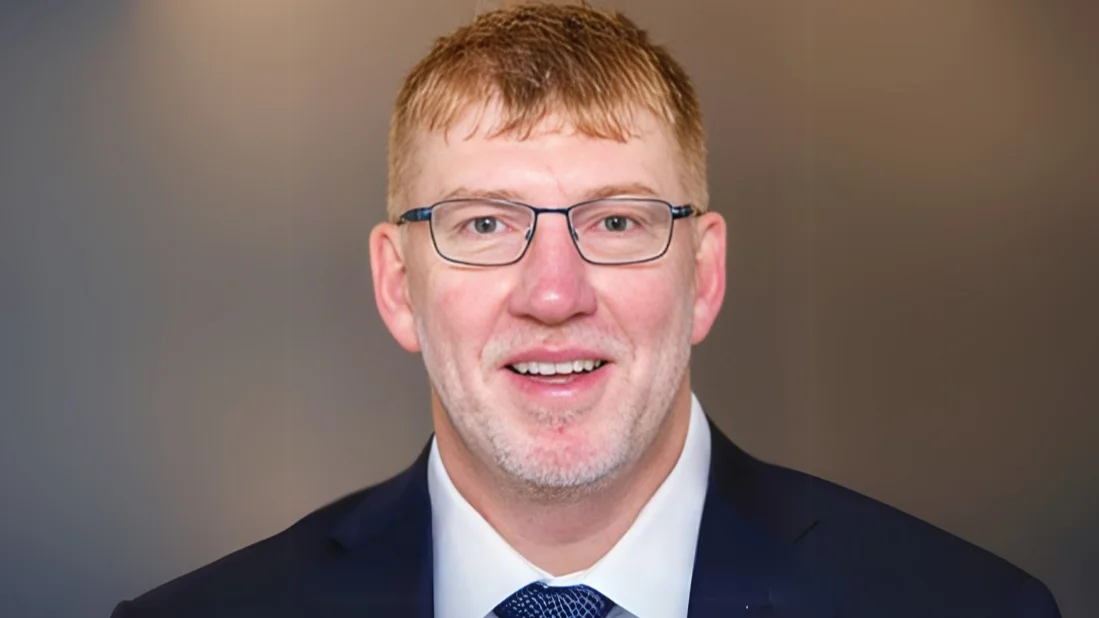

 Alerts Sign-up
Alerts Sign-up